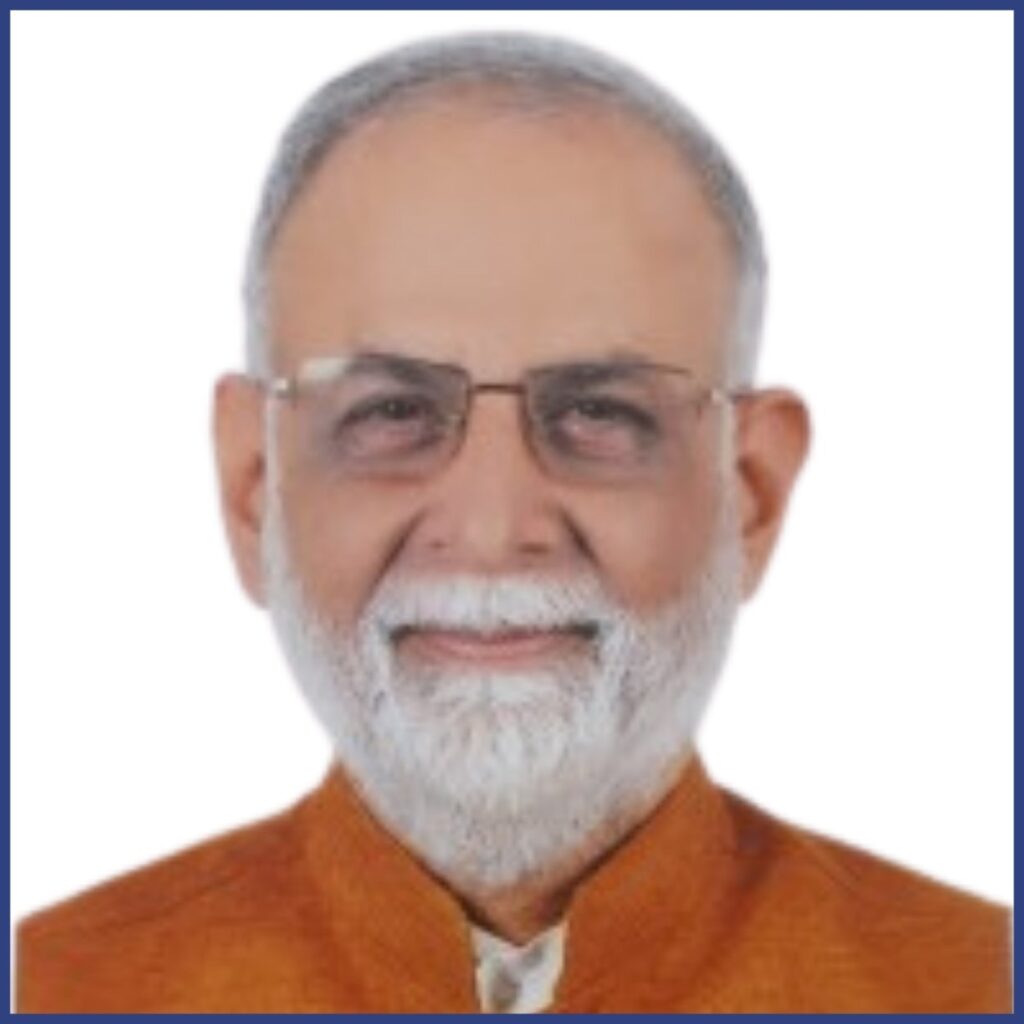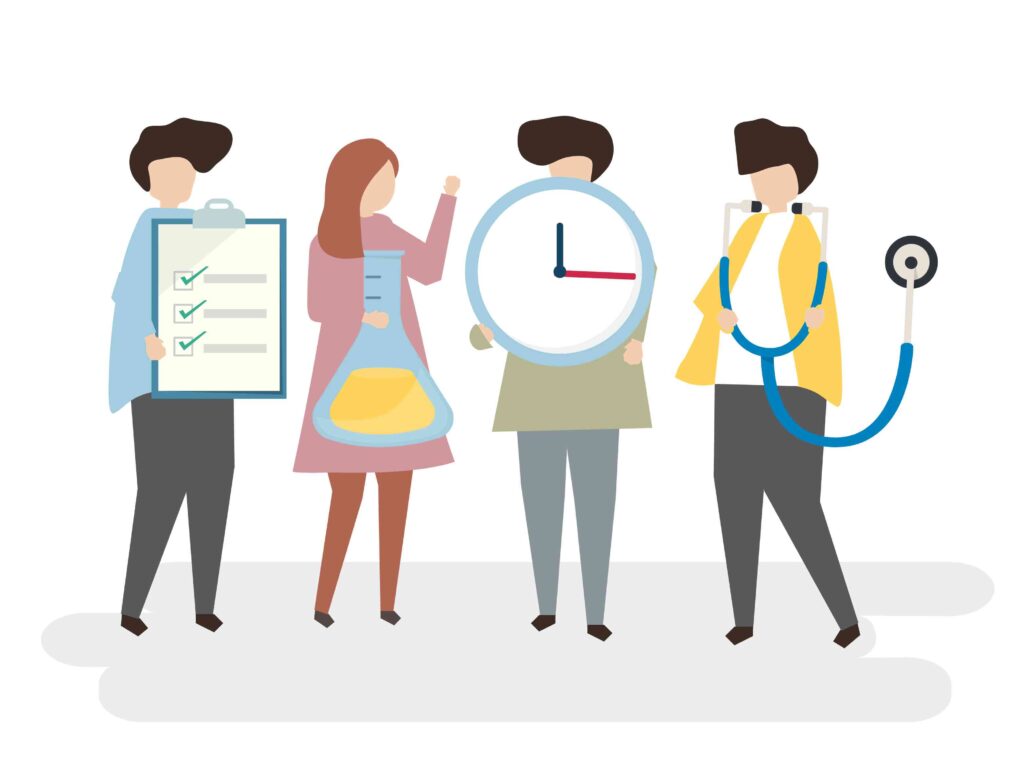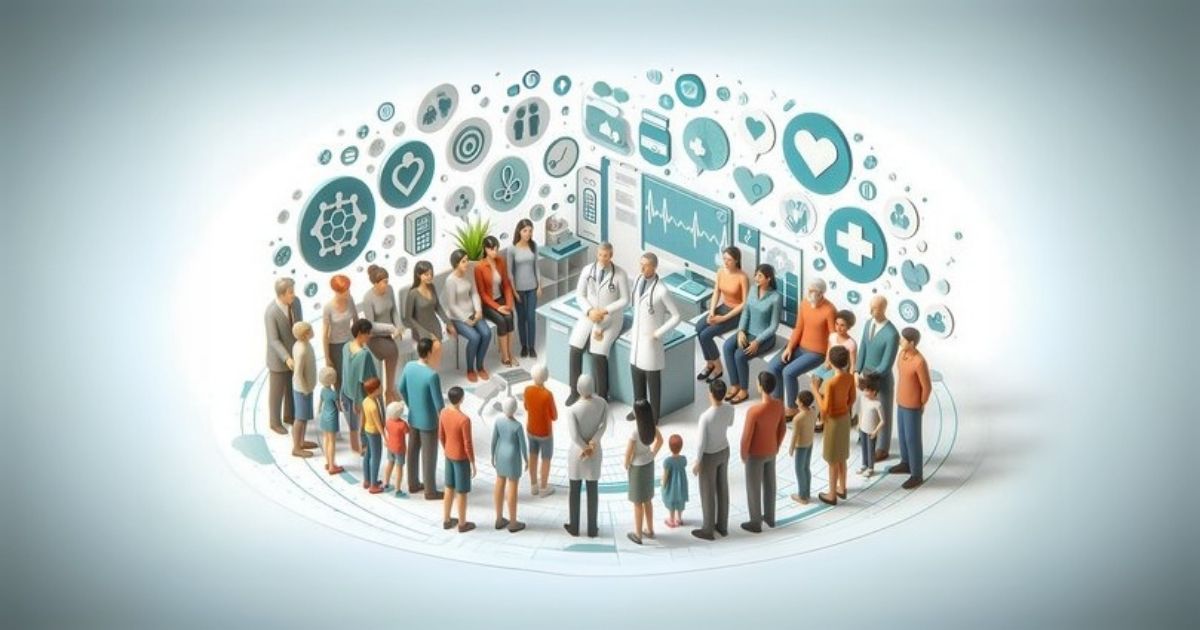Introduction

Healthcare in India has undergone a remarkable transformation over the decades. From a system heavily reliant on paper-based documentation to one now integrating artificial intelligence (AI) and digital health, the landscape has changed significantly. Dr. Sanjeev Kumar, a seasoned medical professional with vast experience in public health and global healthcare systems, shared his insights at the InnoHealth Conference 2024.
With experience spanning roles in the Indian Army, UNICEF, the National Health System Resource Center (NHSRC), and global organizations like WHO and the UN, Dr. Kumar has witnessed first-hand how public health has evolved both in India and internationally.
A Changing Healthcare Landscape
Reflecting on his return to India in 2012 after years abroad, Dr. Kumar observed a significant shift in healthcare policy and implementation. He noted key improvements, including:
- Introduction of Accredited Social Health Activists (ASHA) – A new community health workforce emerged to support rural healthcare delivery.
- Expansion of the National Health Mission (NHM) – The government invested substantial funds to improve healthcare access across states.
- Growing Public Awareness – Citizens are now more informed about public health, especially after COVID-19, shifting focus from only clinicians to public health professionals.
- Increase in Life Expectancy – From an average lifespan of 32 years when he was born, life expectancy in India has now reached 71 years, marking a major public health achievement.
The Role of Technology in Healthcare
One of the most exciting changes Dr. Kumar highlighted is the integration of technology and AI into healthcare.
“Artificial intelligence didn’t start for medicine, but now it’s revolutionizing healthcare,” he emphasized.
Dr. Kumar envisions AI playing a crucial role not just in patient care but in preventive healthcare. He categorizes healthcare needs into three groups:
- Healthy Individuals – Using AI-powered apps to track diet, exercise, and lifestyle choices to prevent future illnesses.
- At-Risk Individuals – AI can help monitor those with a family history of diseases like diabetes and recommend personalized health interventions.
- Patients with Chronic Diseases – Many people with conditions like hypertension and diabetes remain undiagnosed or do not adhere to treatment. AI-based diagnostic tools and remote monitoring can improve compliance and early detection.
“In India, half of hypertensive patients don’t even know they have hypertension, and among those diagnosed, many don’t take medications properly.”
Emerging non-invasive health tech could soon allow simple blood pressure or hemoglobin checks by merely touching a patient’s finger, similar to how plant health is assessed using chlorophyll sensors.

Shifting Focus to Preventive Healthcare
Dr. Kumar raised an important concern: Healthcare must focus on prevention rather than just treating illnesses. With lifestyle diseases like diabetes and hypertension rising rapidly, hospitals are becoming overwhelmed.
“We need to take care of those who are healthy, or hospitals will be flooded with cases, and the community will experience more stress.”
Some key challenges include:
- Aging Population – Over 110 million Indians are now above 60 years old, many suffering from chronic illnesses.
- Longer Life Expectancy, But Not Healthy Years – Due to medical advancements, people with diabetes and heart disease live longer, but their quality of life is often compromised.
- Need for Better Compliance in Treatment – AI-based reminders and community health interventions can ensure better medication adherence.
Conclusion: The Future of Healthcare
Prof. (Dr.) Sanjiv Kumar remains optimistic about India’s healthcare future. With technology, AI, and preventive care, the country can reduce the burden on hospitals, improve quality of life, and enhance public health awareness.
“Technology is exciting, and I believe it holds the key to solving our health problems.”
A proactive, technology-driven approach is essential for India’s next leap in healthcare innovation.
Composed By
InnoHEALTH magazine digital team

